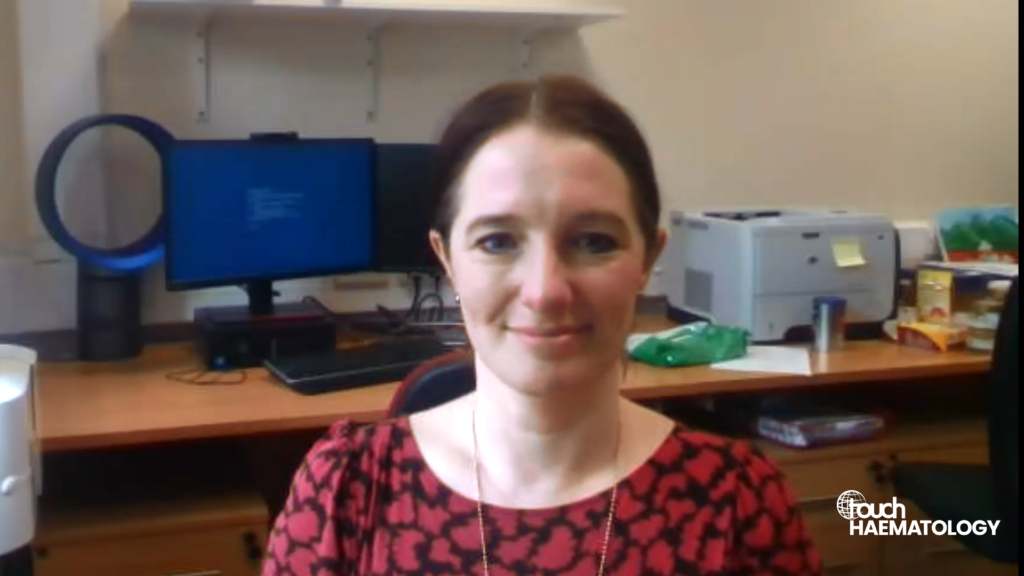A recent review by Prof. Florence Pasquier and colleagues highlights the potential of olutasidenib, a selective, oral, small-molecule inhibitor of the mutant IDH1 enzyme, recently approved by the FDA as treatment option for patients with relapsed or refractory (R/R) acute myeloid leukemia (AML) with isocitrate dehydrogenase 1 (IDH1) mutations.
Acute myeloid leukemia (AML) is a rare and aggressive hematological malignancy characterized by the overproliferation of non-functional myeloid precursor cells. The prognosis for AML remains particularly poor for older and unfit patients, as well as those with relapsed or refractory (R/R) disease. Conventional therapies have not significantly improved outcomes for these patients, underscoring the urgent need for new, effective treatments.
The identification of recurrent mutations in AML through next-generation sequencing (NGS) has been a breakthrough in understanding the disease. Among these, mutations in the isocitrate dehydrogenase (IDH) 1 and 2 genes are found in approximately 20% of AML patients. These mutations are also present in other hematological malignancies and various solid tumors.
The article, published in touchREVIEWS in Oncology & Haematology, focuses on olutasidenib, which has shown significant promise in clinical trials. As a targeted IDH1 inhibitor, it works by reversing the oncogenic effects of mutant IDH, which are responsible for epigenetic dysregulation, DNA repair impairment, and metabolic reprogramming. These processes contribute to the development and progression of AML.
Clinical trials have demonstrated that olutasidenib induces durable responses in patients with R/R AML. In a pivotal phase I/II trial, the overall response rate (ORR) was 48%, with a complete response (CR) rate of 32%. The median overall survival (OS) was 11.6 months, with a strong correlation between response and survival rates. These results highlight the potential of olutasidenib to significantly improve outcomes for patients who previously had limited treatment options. the manageable side effect profile of olutasidenib, which is comparable to that of other IDH inhibitors like ivosidenib. Most adverse events were mild to moderate and could be managed with dose adjustments and standard care measures.
In a phase I/II study the combination of olutasidenib with azacitidine, a hypomethylating agent, has shown even more promising results. In treatment-naive AML patients, the combination therapy achieved an ORR of 77%. These findings suggest that combination therapies involving olutasidenib could offer even greater benefits for AML patients.
The approval of olutasidenib by the FDA marks a significant advancement in the treatment of AML. As more data emerges from ongoing trials, olutasidenib has the potential to become a cornerstone in the management of AML with IDH1 mutations.
For more information on this promising development, please refer to the full article published in touchREVIEWS in Oncology & Haematology.
Disclosures: This article was created by the touchHAEMATOLOGY team utilizing AI as an editorial tool (ChatGPT (GPT-4o) [Large language model]. https://chat.openai.com/chat.) The content was developed and edited by human editors. No funding was received in the publication of this article.










